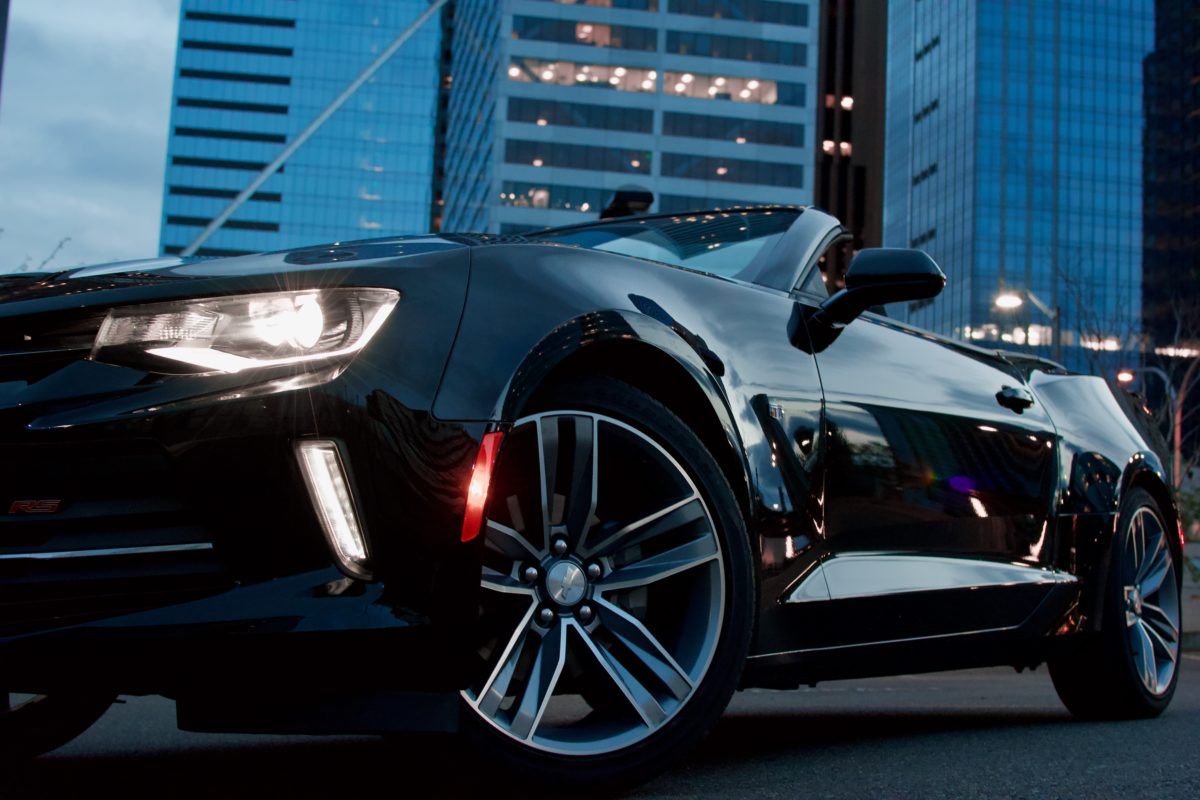You may have long been dreaming of finally getting that car. However, the current state of your finances is telling you that it’s just not possible to buy a brand new one. Instead, what you can only afford at the moment is a used vehicle. But, worry not as buying one is not an unsettling alternative at all, like what you might have been taught to believe all these years. When done correctly and, most importantly, obtained from the right source, getting yourself a secondhand auto can actually be just as good as buying a brand new vehicle.
If you’re planning to acquire a used or secondhand car, it’s best to buy it from a franchised dealership instead of a private seller. Why do experienced buyers prefer this? It’s because a dealership of used cars, trucks, and SUVs can give you peace of mind that the used vehicle has been thoroughly inspected and reconditioned. Car dealerships have a reputation to uphold, so this is something that you can truly rely on.
Plus, there are many added benefits to buying a used car from car dealerships. One of these advantages has to do with additional warranties. Expect additional warranties provided by a trusted and reputable used car dealership. Having some form of guarantee will save you time, money, and effort from costly repairs and replacements of auto parts in the future. While you may want to purchase a used car in the lowest price possible, you don’t want to end up with a lemon car. After all, this is an investment that’s meant to last for a long period of time.
That said, here are three helpful tips on buying a used car from a car dealership.


1. Do Your Homework
Especially because you’re buying a used car, it’s very important that you don’t rush the purchase. Make sure that you’ve given yourself ample time to research on both the car model that you wish to buy, and the dealership itself. You’re going to have to make the most informed choice possible. You probably heard of this tip a lot of times, but it’s the most important thing you must do, especially when making a huge investment like buying a car.
Of course, it’s given that you need to research on the car brand and model you’re interested in buying, but what other things do you need to know? Check out these helpful tips as you begin your research process:
- Don’t forget to check alternative vehicles or other car options if your primary choice is not available. Don’t just stick to one option. It’s recommended that you have at least two to five cars on your list. That way, if your top choice is unavailable, you’ll still have other car models to look through.
- Read consumer reports and classified sites, such as Edmunds and Cars.com. This will give you an overall idea as to whether or not the vehicle you’re looking to buy is worth every penny, and the car dealer is reputable and trustworthy.
- Use free online tools, such as the True Market Value (TMV) pricing tool by Edmunds, car calculator, and mobile apps to compare prices. The TMV tool shows how much other people paid for a particular car model in your local area. That way, you don’t get tricked into paying more for the car model you plan to buy.
- Many dealers are selling on major marketplaces, like eBay. Visit these sites to check how much a car has been priced or sold. It will help lay the groundwork for haggling and negotiations later.
- Research about the car dealer’s reputation on Better Business Bureau and Angie’s List.
2. Ask The Right Questions
Before you say yes to a car dealer, lay your cards on the table first. Give yourselves enough time to get to know each other better. In doing so, you’ll have an overall feel as to whether or not the car dealer is a good one. Take your time to ask the questions you’ve got running in your mind. Good dealers are patient enough in ensuring that all of your concerns are addressed.
To start with, ask the dealer if the used car is a Certified Used Vehicle, which is under the manufacturer’s program. This is one of the best forms of protection that you can have in owning a used vehicle. If the used car is included in this program, it means that it has an extended warranty. Car manufacturers usually offer a five-year car warranty coverage. You’ll have peace of mind because the vehicle underwent a comprehensive reconditioning program. You can also benefit from a lower interest rate for your financing.
Also, ask the dealer questions related to:
- Test driving – Can you test drive the car for 30 minutes to 1 hour to check the overall condition of the engine and tires? If they don’t allow that, then walk away. You’re in for a regrettable buy.
- Availability and coverage of extended warranty.
- Fees – How much is the registration fee, documentation fee, and sales tax? What other fees do you need to cover?
- Money-back guarantee – Do you offer 2 to 3 days money-back guarantee or exchange policy?
- Proof of insurance
3. Do Some Smart Investigation
If you already have a prospective car dealership in fargo nd in mind, visit their office with someone you trust, preferably someone who knows about cars, so you can check the car and investigate. If possible, bring a mechanic. They can help you determine whether the cars in the dealer’s shop are worth purchasing or not. While the exterior and interior may look appealing, such as new tires and functional air conditioning, a used car may still pose a major problem if you miss checking the most important things, such as:
- Mileage history – A good buy is below 60,000 miles.
- Car accident involvement – Has the car been involved in an accident before? What were the damages and what repairs were done?
- Origin of the vehicle – Is the car a bank-repossessed car?
- Previous owners – Who are the previous owners and for what purpose did the car serve them?
- Reconditioning performed by the dealer.
- Vehicle Identification Number (VIN) – This is required information for running a vehicle history report via AutoCheck or CARFAX
A link or copy of the CarProof report is usually provided on the car dealership’s website. A good dealer can also provide you with a copy of the vehicle’s complete maintenance history. Consider the transaction a red flag if the dealer is reluctant in providing the VIN.
Facebook Comments